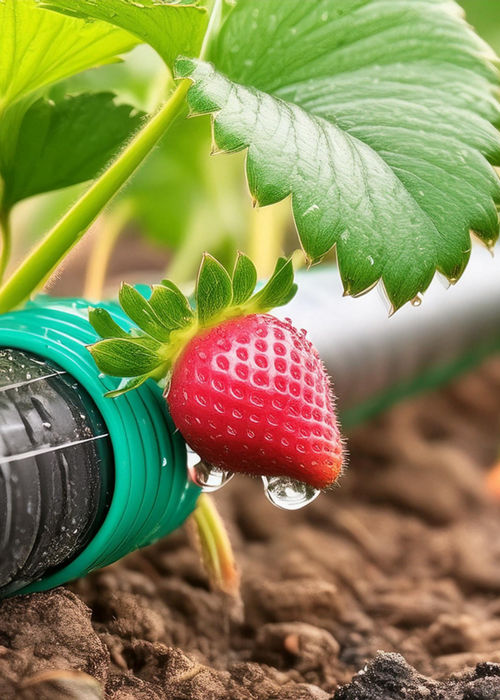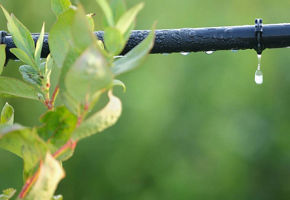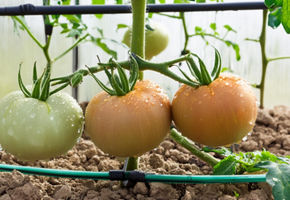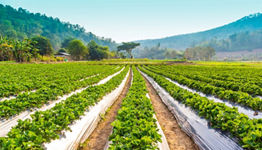To optimize water usage in agriculture, drip irrigation systems offer numerous advantages:
- Water consumption reduction: precise water delivery directly to the plant roots significantly reduces water wastage.
- Maintaining constant moisture at crop roots: precisely dosing the necessary amount of water ensures uniform and constant hydration, promoting optimal plant growth.
- Adaptability to various soil types: drip systems can be used on different types of soil, sandy or clayey, ensuring effective irrigation in any context.
- Reduced operating pressure: targeted water distribution reduces the pressure required for irrigation, thus contributing to more efficient energy usage.
- Minimization of maintenance and material costs: drip irrigation systems require less maintenance compared to other methods, reducing costs associated with maintenance and material replacement.
Compared to traditional methods, drip irrigation distributes water directly to plant roots, minimizing waste, evaporation, and runoff. Water is applied slowly and precisely, fostering healthier plant growth. This not only promotes more efficient and sustainable agriculture but also helps reduce costs and optimize available resources.
Whether used in large-scale agricultural activities or home gardens, drip irrigation systems provide a sustainable and economical opportunity to maintain lush and thriving landscapes while reducing water consumption.


.jpg.rend.290.200.jpg)



